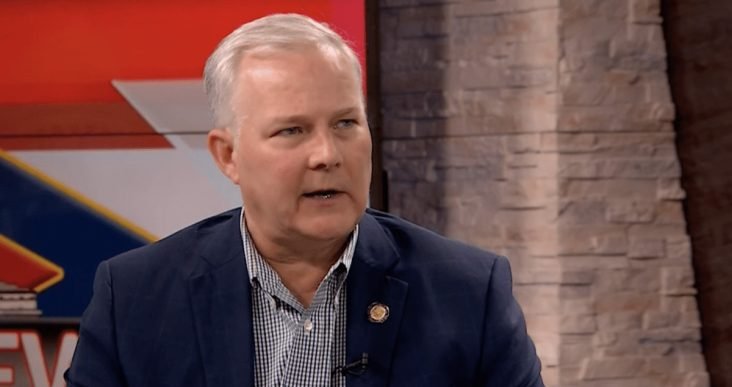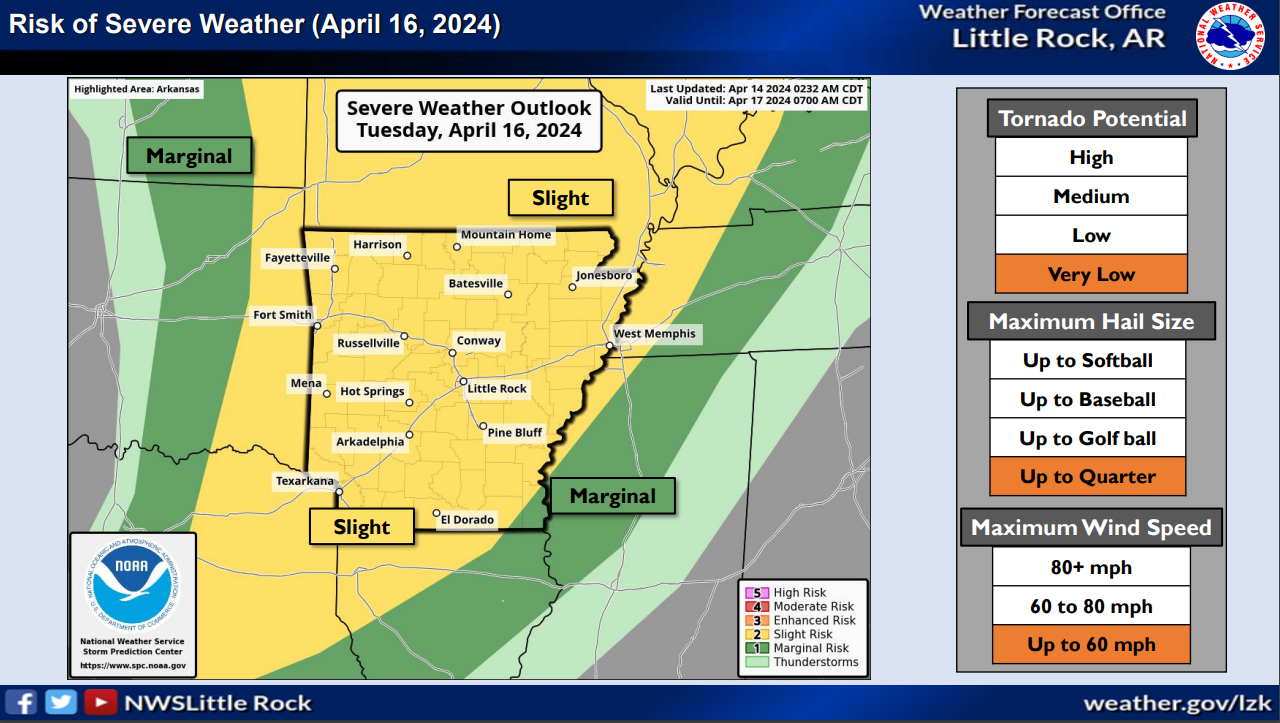BENTONVILLE, Ark. — Many young adults and families are interested in living a sustainable lifestyle — such as growing their own food or raising animals — but don’t know where to start. Barry and Mechel Wall, longtime residents of Northwest Arkansas, said they saw this knowledge gap and decided to organize the Northwest Arkansas Homesteading and Gardening Expo, which will take place April 18-20 at the Benton County Fairgrounds in Bentonville.
Mechel Wall said she and her husband wanted the expo to include classes for the homesteading-curious at different levels of experience and access to land.
“Many people in the young professional age group live in apartments, so some classes are designed specifically for them, such as growing microgreens, window and patio gardens and becoming a farmer’s market chef — that’s what apartment dwellers need,” Wall said. “For those who have some space in their yard, there are classes on planning a garden, succession planning and canning, drying and freezing to preserve the harvest.”
Wall said she knew it was critical for the agenda to feature University of Arkansas System Division of Agriculture faculty and agents, both from the Cooperative Extension Service and the Agricultural Experiment Station.
“There is a well-respected level of expertise coming from extension agents, and we are very appreciative,” Wall said. “We can all Google questions, but having someone explain things in a way we understand, that is specific to our region, is essential. The information presented by extension agents lends credibility to the processes and techniques. They are also able to connect learners with additional resources that they provide throughout the year.”
Extension faculty and agents will lead classes and presentations on Canning 101, the 4-H youth development program, organic food production, electric fencing and other methods of fencing and long and short-term food storage. The agenda also includes classes and workshops on seed starting, building raised beds, crop rotation, composting and more.
Extension expertise
Trudy McManus, Benton County extension family and consumer sciences agent for the Division of Agriculture, will lead a class on Canning 101. McManus said her presentation will include an overview of different forms of food preservation, such water bath canning and pressure canning, as well as discussion of proper canning procedures and canning supplies.
“We will be looking closely at the research-based science and food safety that every food preserver needs to know and practice,” McManus said.
McManus said that over the past 10-15 years, interest in home food preservation has increased, but a particular resurgence took place after the COVID-19 pandemic.
“The empty grocery stores during COVID stressed the need for home food preservation for many people,” McManus said. “Although this push has slowed somewhat in the last year, there is still a lot of interest. There are also a lot of people moving to Northwest Arkansas with a goal to homestead, many of whom have not grown up with that lifestyle.”
Kenny Simon, extension forages instructor for the Division of Agriculture, said his presentation will focus on the fundamentals of controlled grazing utilizing electric fencing. He will discuss the importance of controlled grazing, its benefits and the advantages of electric fence over traditional fencing.
Simon said that with modern internet access, it’s easy for people to find answers to their homesteading questions, but the validity of those answers is cause for concern.
“Just because a person reads something online, doesn’t necessarily mean it’s true,” Simon said. “Producers and homeowners depend on extension to provide them with non-biased, research-based information. We’re active in the community; the general public gets to know us on a personal level. They know they can count on us to give them an honest answer.
“Extension employees practice what we preach,” Simon said. “We have the formal training to provide expert advice, along with the experience to know how to apply it.”
Joe Hannan, Agricultural Experiment Station horticulture instructor for the Division of Agriculture, will lead a class on organic food production at the expo. He said the discussion will include a brief history of organic production, “why someone may want to get certified,” the basic certification process and highlight the difference between organic certification and Certified Naturally Grown.
“We will wrap up the session by looking at profitability of organic agriculture versus conventional production,” he said.
Hannan said he has seen a lot of interest among students and potential students in homesteading. “This is an ongoing trend I have seen, not just in Northwest Arkansas but around the country for the past several years.”
In addition to dubious internet search results, Hannan noted that the influence of social media content about homesteading may not contain accurate information that’s relevant to Northwest Arkansas’s specific climate.
“Northwest Arkansas is very different than other regions,” Hannan said. “People can go online and watch videos or TikToks, visit Instagram or other social media, but that content may not always be relevant and correct for this region. If someone wants to start a small business, especially one so dependent on local environmental conditions, they really need to have access to local support and locally derived information.”
By presenting at the expo, Hannan said he’s doing what extension does best: helping meet Arkansans — and their needs — where they are.
“It’s important for extension faculty and agents to go to the people,” he said. “Sometimes, that’s supporting them at events we host, sometimes that’s through digital media, and sometimes that’s by participating in partnered or third-party events. People consume information through a variety of channels, and we have to meet them there.”
Darryl Holliday, executive director of the Arkansas Food Innovation Center at Market Center of the Ozarks for the Division of Agriculture, will share information on food safety and proper protocol for curing, salting and drying fish and other meats. He said all recommended recipes and procedures have been tested for safety, as well as user ease, to “ensure adherence resulting in safe products to make and consume at home.”
Sharing extension resources at events that aren’t organized by the Division of Agriculture helps spread the word about all that extension offers, Holliday said.
“Most extension individuals are subject matter experts, but many Arkansans do not know how to access them,” Holliday said. “Therefore, participating in events such as this, which are not sponsored by the Division of Agriculture, allows us to provide this key information to people we might not reach.”
Teaching today, sustaining tomorrow
Wall and her husband have lived in Northwest Arkansas for 30 years. She said they were inspired to organize the expo because they noticed more young people desired the kind of skills that they taught their eight children growing up.
“No one needs to be hungry in a region of the world where they can forage, grow succession crops of food, barter for items and have protein produced in their back yard,” she said. “We are in a position to help people from any walk of life to start now and set something aside for a time of need. We never know when that day will come, or whether it will be loss of employment, a supply chain disruption, tornado or ice storm.
“Our goal is to teach the skills of setting aside something for that rainy day, because it will come at some point into each of our lives,” Wall said. “To be prepared is to not be afraid when those times come.”
To learn more about or register for the Northwest Arkansas Homesteading and Gardening Expo, visit novaterranwa.com. To contact your local Cooperative Extension Service agent, visit uaex.uada.edu/counties/.
To learn about extension programs in Arkansas, contact your local Cooperative Extension Service agent or visit www.uaex.uada.edu. Follow us on X and Instagram at @AR_Extension. To learn more about Division of Agriculture research, visit the Arkansas Agricultural Experiment Station website: https://aaes.uada.edu. Follow on X at @ArkAgResearch. To learn more about the Division of Agriculture, visit https://uada.edu/. Follow us on X at @AgInArk.





















